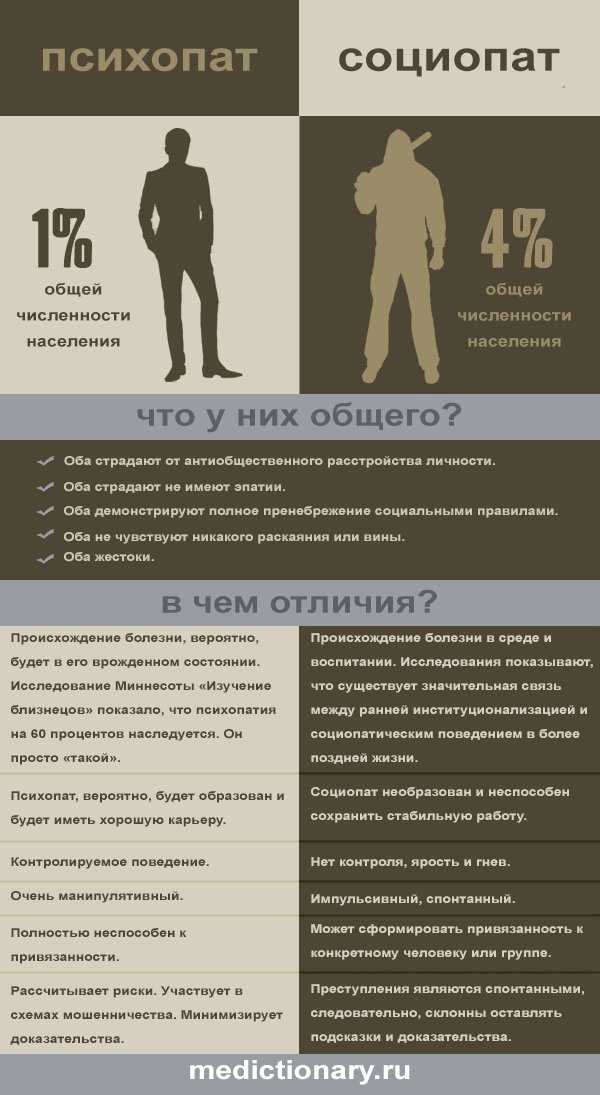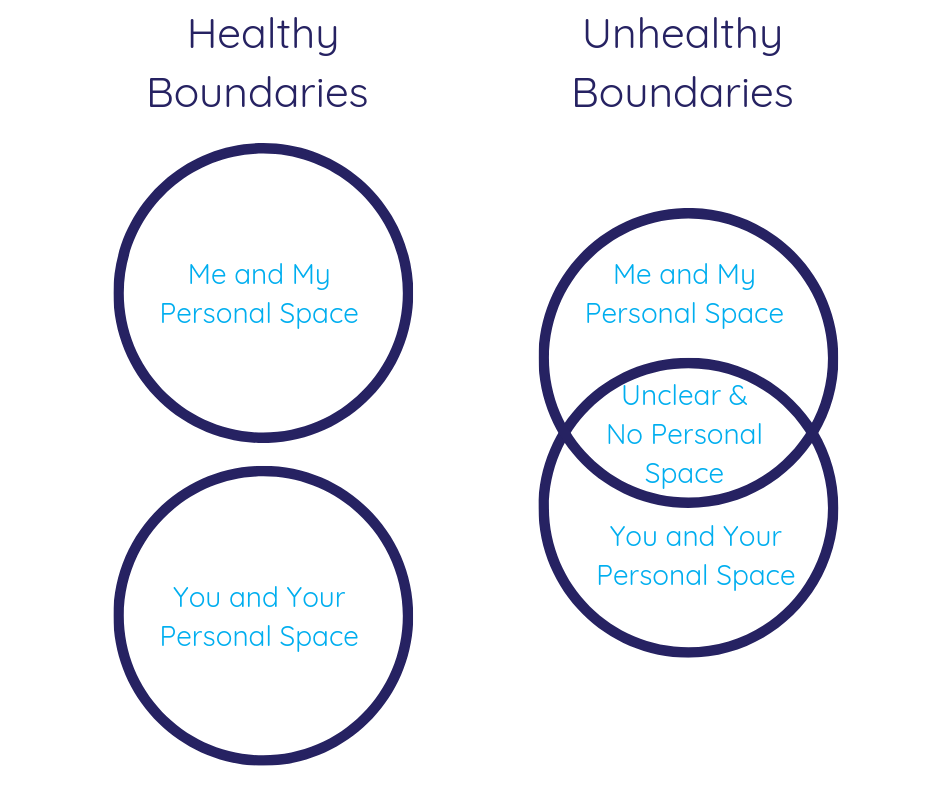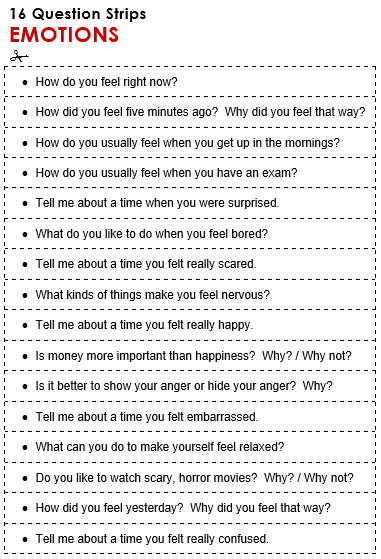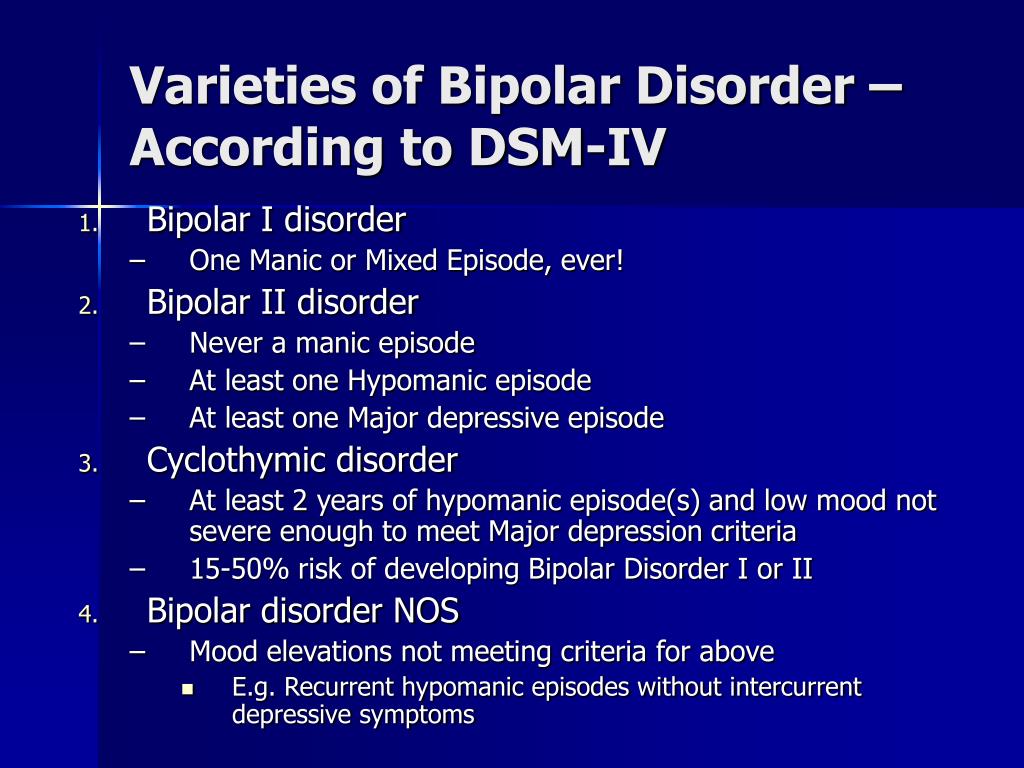Introvert and antisocial
Are you an introvert or are you antisocial?
Self-Development
ByKia Wakefield
You like spending time alone, so does that mean you’re antisocial? Maybe—but probably not. There are many possibilities: you could be an introvert who is also antisocial, an introvert who is not antisocial, or an antisocial extrovert. Another option is you could fall more on the other end of the spectrum—you like spending time alone, but you’re an ambivert, which means you exhibit qualities of both introversion and extroversion.
However, there are distinct differences between an introvert and an antisocial personality. Keep in mind I’m not
talking about antisocial personality disorder, which is characterized by a pattern of disregard for and violation of the rights of other people. When I say antisocial, I mean people who consistently avoid the company of others. (This is distinctly different than having social anxiety.)
Many people mistakenly think that introversion and being antisocial are synonymous — but that’s not true. How can you tell the difference between the two? It’s simply a matter of asking the right questions. Below are four questions that can help you tell the difference.
Question 1: Do I answer my phone when it rings?
Introverts are okay with initiating contact with people and have no problem arranging the occasional lunch date or meeting. Introverts enjoy the company of others, they just need more control over their schedules in regards to who they meet, how many people they meet, and when they are meeting. They also need plenty of time after socializing to recharge alone. The antisocial person, however, doesn’t call or text because they avoid initiating contact with anyone. An antisocial personality doesn’t need an unlimited talk and text cellular plan. They could easily get by with a prepaid phone.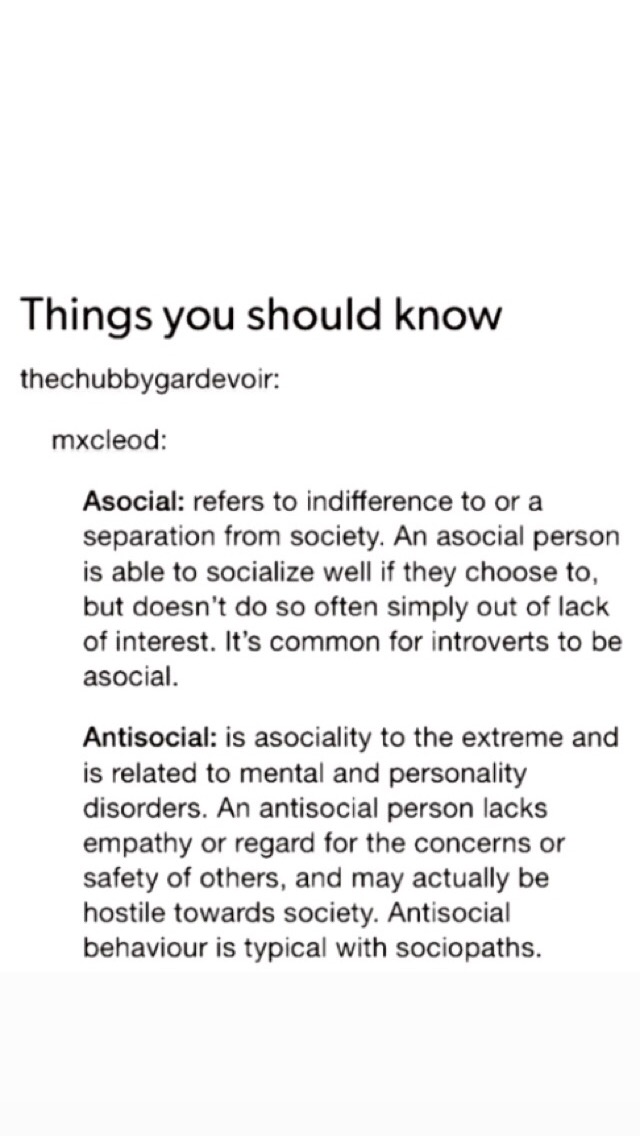
What’s your personality type? We recommend this free personality test from our partner Personality Hacker.
Question 2: Do people see me as friendly?
Lots of introverts have great social skills. They gravitate toward conversations about abstract ideas and are quick to philosophize. They just take time to warm up to others because they despise small talk. They prefer passionate conversations that nurture deep relationships. However, the antisocial person gives off more of a misanthropic vibe. An antisocial personality may even come across as abrasive, unfriendly, or completely guarded.
Question 3: Can I thrive even when surrounded by people?
Even when an introvert is surrounded by people—say, in a coffee shop or on a crowded city street—they still feel a sense of autonomy within the crowd. They find the balance of privacy and participation alluring. For the introvert, it’s often not the presence of people that’s draining but rather the social interactions.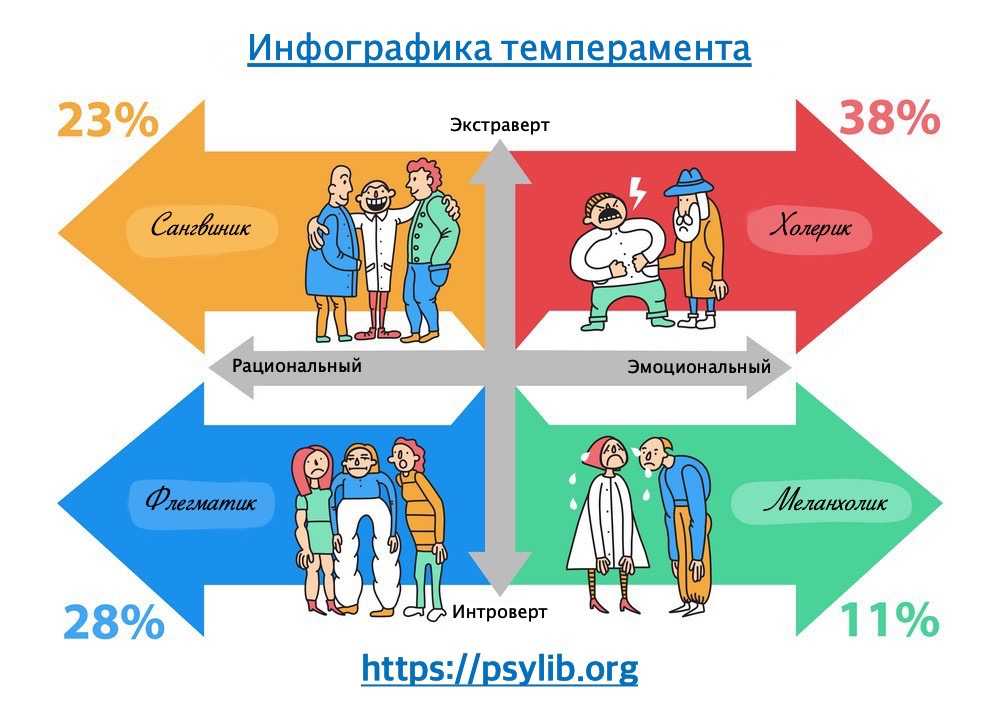 Antisocial people, on the other hand, may have trouble thriving in urban environments or settings with other people. They need their space. The antisocial personality needs both emotional and physical space. Antisocial personalities may prefer living in bucolic, rural areas.
Antisocial people, on the other hand, may have trouble thriving in urban environments or settings with other people. They need their space. The antisocial personality needs both emotional and physical space. Antisocial personalities may prefer living in bucolic, rural areas.
Question 4: Do I long for someone in my life?
Companionship is another way to understand if you’re an introvert or antisocial. For the introvert, a desire for a significant other or close friend is a key to living a fulfilled and happy life. Introverts may be selective about who they let into their life, and they won’t need as much “social time” as extroverts. They may also spend plenty of time alone. But for the introvert, occasional companionship is mandatory. An antisocial person would beg to differ. The antisocial personality does not see companionship as a necessity. They prefer to be left alone, only interacting with others when it’s absolutely necessary.
How do you see yourself? Let me know in the comments below or post about it on the community forum.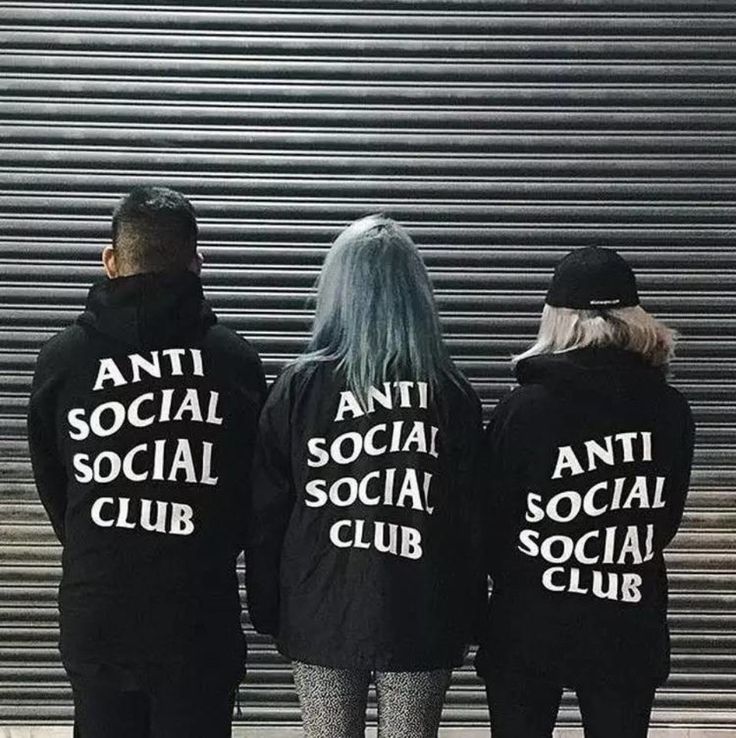
Read this: 8 things you shouldn’t say to an introvert
Kia Wakefield
Kia is a poetess, writer, essayist, and certified life coach. She lives in the Pacific Northwest with her husband and son.
Introvert vs. Antisocial: What's the Difference?
Have you ever been told that you’re “too introverted”? Or maybe you think of yourself as an “anti-social” person. But what does that actually mean?
In this post, we’ll go over the differences between these two labels and discuss how they differ from each other. So read on to learn more!
What Is an Introvert?
The word introvert comes from the Latin words “intro” and “vertere” which means “to turn inward.” Introverts are people who tend to be reserved and enjoy being alone. They may feel uncomfortable around large groups or around loud noises but can take pleasure in hanging out with just one or two other people.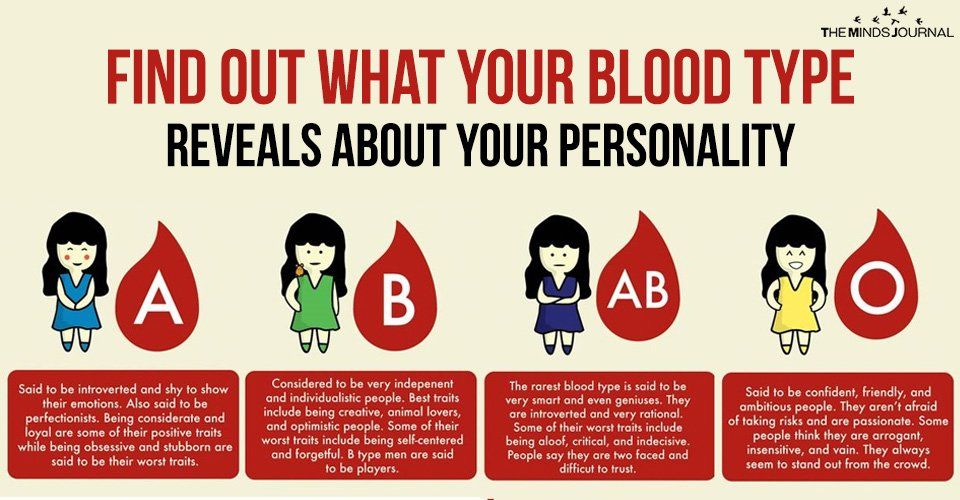 However, they may need time to recharge by themselves first.
However, they may need time to recharge by themselves first.
Introverts are often called “anti-social” but this is not true. Introverts are not necessarily anti-social; instead, they are just shy or quiet when they meet new people because it takes them time to get comfortable with someone before opening up about themselves.
What Is an Anti-Social?
The term is most often used to describe someone who lacks compassion towards others and has no sense of right or wrong. Anti-social behavior is a type of behavior that harms others and can be classified as a personality disorder.
This could mean that the person may have long-standing patterns of thinking and behaviors that could cause problems in their relationships with others. People who suffer from this disorder may also be aggressive, manipulative, and deceitful; they may also feel no remorse for their actions or their consequences
Exhibiting anti-social behaviors can cause harm to others or society as a whole but these behaviors do not equate that the person is suffering from a personality disorder.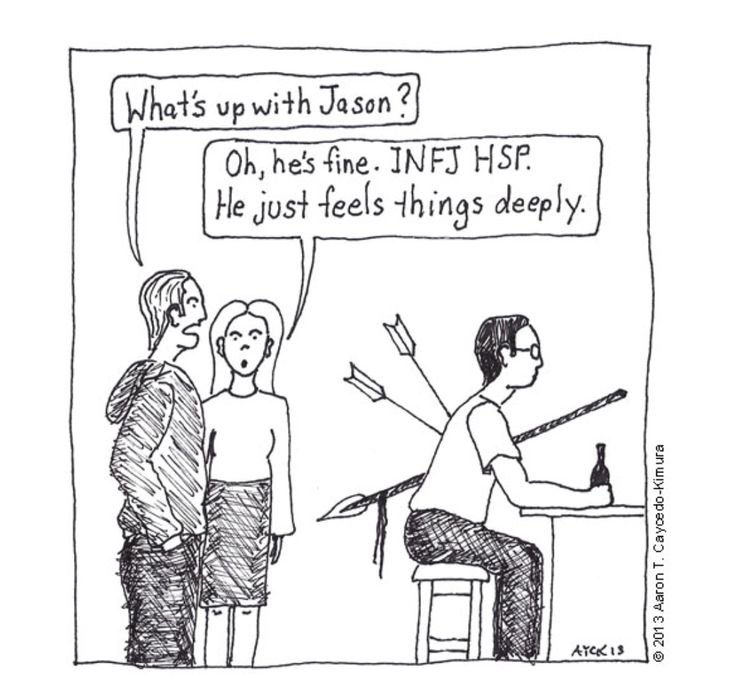
Moreover, when an anti-social person becomes angry, they can become aggressive and destructive. They may lash out at others or destroy property. Anti-social people are often violent and impulsive, while introverts tend to withdraw from social situations when they’re upset.
What Are the Differences Between an Introvert and an Anti-Social?
Introverts prefer to spend their time alone or with small groups of people they know well. They tend to be quiet and reserved around strangers but this doesn’t mean they don’t like people! It just means that they need a little more time to warm up to new people and situations before they feel comfortable talking about themselves and speaking their minds.
Anti-social people differ from introverts in that they actively seek conflict with others and often exhibit hostile behavior when interacting with others. They are often deceptive and manipulative too— they can be very charming when they want something from someone, but then turn on them when things don’t go their way.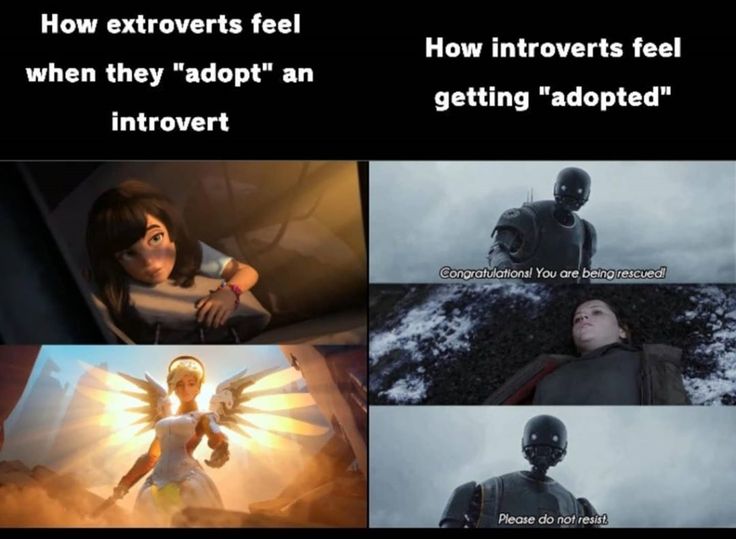
Introverts Are More Likely to Be Shy, While Anti-Socials Are More Likely to Be Impulsive and Aggressive
Introverts prefer to spend their time alone and often feel overwhelmed by social situations. They can also often be found alone with a good book or watching television in their room. Introverts also prefer hanging out with a few close friends rather than going out with a lot of people they don’t know well.
On the other hand, anti-social people usually don’t understand the concept of personal space and may act out in anger or aggression without thinking about the consequences of their actions. They might grab your arm when talking to you, or even touch your hair without asking you first.
Moreover, they are often unable to control their emotions or behavior when they are upset or angry. Anti-social people have difficulty with maintaining relationships and also often struggle with substance abuse problems such as alcoholism or drug addiction because these make them feel better temporarily, but usually worsen their problems in the long run.
Introverts Tend to Have a Small Group of Close Friends, Whereas Anti-Socials Have Many Acquaintances but Few Close Relationships
Introverts tend to have a small group of close friends with whom they feel comfortable. They don’t go out into the world as often to meet new people, but they usually have one or two close friends with whom they keep in touch regularly.
Also, introverts are quiet people who tend to avoid social interaction and typically focus on one activity at a time. They prefer to work alone or with close friends. They often feel drained after socializing, but they can also feel exhausted by too much solitude. Nevertheless, introverts usually recharge their energy by being alone or with another person.
Anti-social people, on the other hand, are quite different. They usually have no best friends at all and will always put themselves first. They aren’t interested in having a small group of close friends because they aren’t interested in a close relationship with anyone.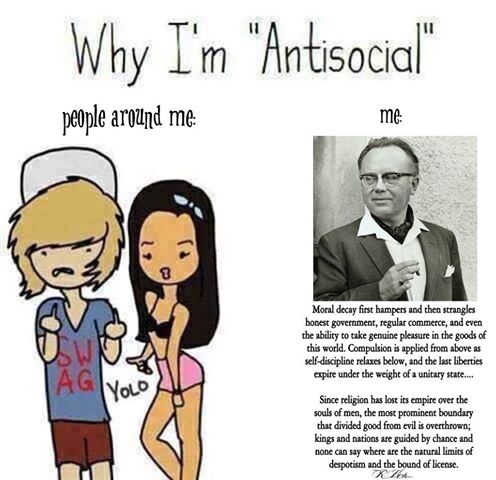 Rather, anti-social people prefer to keep their distance from others as possible and avoid getting involved in others’ problems or issues.
Rather, anti-social people prefer to keep their distance from others as possible and avoid getting involved in others’ problems or issues.
Introverts Tend to Be More Sensitive to Stimuli Than Anti-socials
Introverts are more likely to be influenced by their surroundings, which means they may withdraw from an environment that is too noisy, too bright, or too crowded. They cannot just rush into a crowded room and make friends right away.
Rather, they need time to themselves to recover after being around others. That is why their family, friends, and colleagues must understand how introverts function so they can respect their needs especially when they are feeling overwhelmed.
Anti-socials, on the other hand, can often handle more stimuli than introverts. They are able to tune out distractions and focus on what’s important to them. This can make them appear less sensitive than they actually are.
Introverts Are Introspective and Often Have a Rich Inner Life, While Anti-Socials Tend to Be Less Self-Reflective
Introverts can be outgoing and friendly in small groups; however, this is not because they crave attention or want to be seen as popular. They’re simply comfortable being themselves around people they already know well enough and who understand how they operate. In social settings, they tend to be reserved and would rather listen than talk.
They’re simply comfortable being themselves around people they already know well enough and who understand how they operate. In social settings, they tend to be reserved and would rather listen than talk.
In contrast, an antisocial person may also choose solitude as a way to relax, but they may use it as an excuse to escape their obligations or avoid social interactions altogether. They also don’t spend much time thinking about their own feelings or motives; they’re more concerned with what’s happening around them or in their immediate environment.
Introverts Replenish Their Energy by Spending Time Alone, While Anti-Socials Tend to Drain Other People’s Energy
Introverts often feel overwhelmed when surrounded by large groups of people and will withdraw from social situations when they feel too anxious or pressured. They may also prefer to spend time alone to focus on their own interests or goals.
Whereas, anti-socials are entirely comfortable with being around people; in fact, they thrive in it! They tend to overstimulate other people, enjoy getting much attention, and can even be charming at times but only if it benefits them in some way. There are also cases where an anti-social person will use the time when they’re alone to manipulate other people into doing something for them.
There are also cases where an anti-social person will use the time when they’re alone to manipulate other people into doing something for them.
Introverts Think Before They Speak or Act; Antisocials Don’t Care How They Make Others Feel When They Act Impulsively or Aggressively
Introverts tend to be quiet and thoughtful. They also tend to contemplate what others might be thinking before they speak or act. They are constantly trying to figure out what other people want and how they can best fulfill those wants and needs. So if an introvert is late for a meeting with you, it is because they were trying to decide which route would be most convenient to reach you— not because they don’t care enough about your time!
However, antisocials do not care about what others think of them, so they aren’t afraid to speak their mind or act impulsively. They may lie, cheat, steal, or manipulate others for their own gain. They don’t like to be with other people for long periods because it drains them physically and emotionally.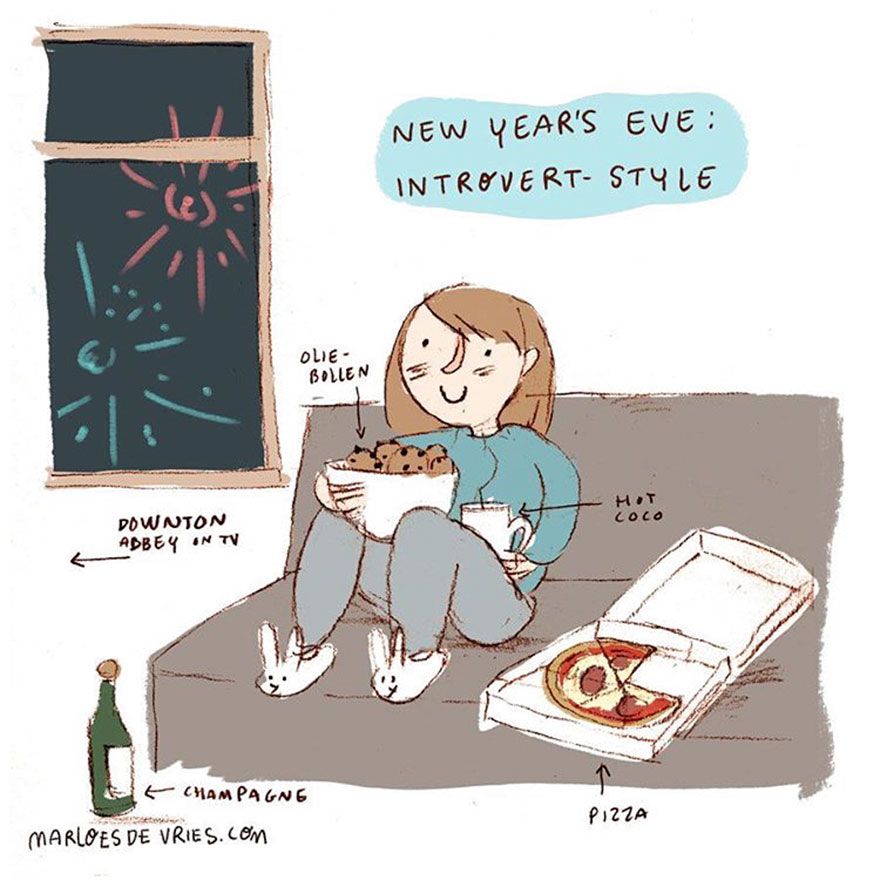
Introverts Are Likely to Be More Conscientious and Industrious, While Anti-Socials Are Less Conscientious and Less Hardworking Than Average
This means that introverts try to do their best in everything they do, even if it’s just something small like making sure their shoes are tied before they go to school. On the other hand, anti-socials may not be conscientious enough to remember this detail.
Introverts also have a stronger sense of self than anti-socials. This means they know what they’re thinking and feeling better than anti-socials, who often struggle with deeper emotions or don’t understand why they feel the way they do.
Moreover, anti-socials tend to be more manipulative than introverts. They can get people to do things for them without seeming too demanding or aggressive— and without caring what others think about them!
What Are the Examples of Anti-Social Behavior?
It’s not uncommon for people to engage in antisocial behavior from time to time. However, when antisocial behavior becomes habitual or occurs frequently, it can become a problem. Antisocial behavior can manifest itself in many ways and can have negative consequences for both the individual and those around them. Listed below are some examples of anti-social behavior.
However, when antisocial behavior becomes habitual or occurs frequently, it can become a problem. Antisocial behavior can manifest itself in many ways and can have negative consequences for both the individual and those around them. Listed below are some examples of anti-social behavior.
Disregard personal space and boundaries: This can be expressed in a variety of ways, such as violating a person’s personal space by getting too close to them or reaching out to touch them without consent. It also includes making sexual remarks or gestures toward a person, even if that person has made it clear that he or she’s not interested.
Refusing to follow social conventions: This includes things like talking loudly in public places, littering, or playing music without headphones. It can also involve more serious offenses such as vandalism, graffiti, or shoplifting.
Be intentionally offensive: This may include racist, sexist, homophobic, or other discriminatory remarks. It can also involve behaving in a sexually suggestive or provocative manner toward someone, even if they made it clear that they are not interested.
It can also involve behaving in a sexually suggestive or provocative manner toward someone, even if they made it clear that they are not interested.
Acting aggressively: This can involve physical violence, such as punching, kicking, or pushing. It can also be verbal aggression, such as threats or name-calling.
Acting disruptively: This can involve things like being noisy and rowdy, or destroying property. It can also involve more serious offenses such as public intoxication or disorderly conduct.
What Happens When You Hurt an Introvert?
You probably don’t know because they’re not going to tell you. Introverts are not anti-social— they just need time to themselves to recover but they can be hurt by people who misunderstand their need for space. If you have an introvert in your life, keep the following in mind:
Don’t assume that all introverts are the same. Some introverts are more highly sensitive than others, so they can be more easily overstimulated by crowds or noise.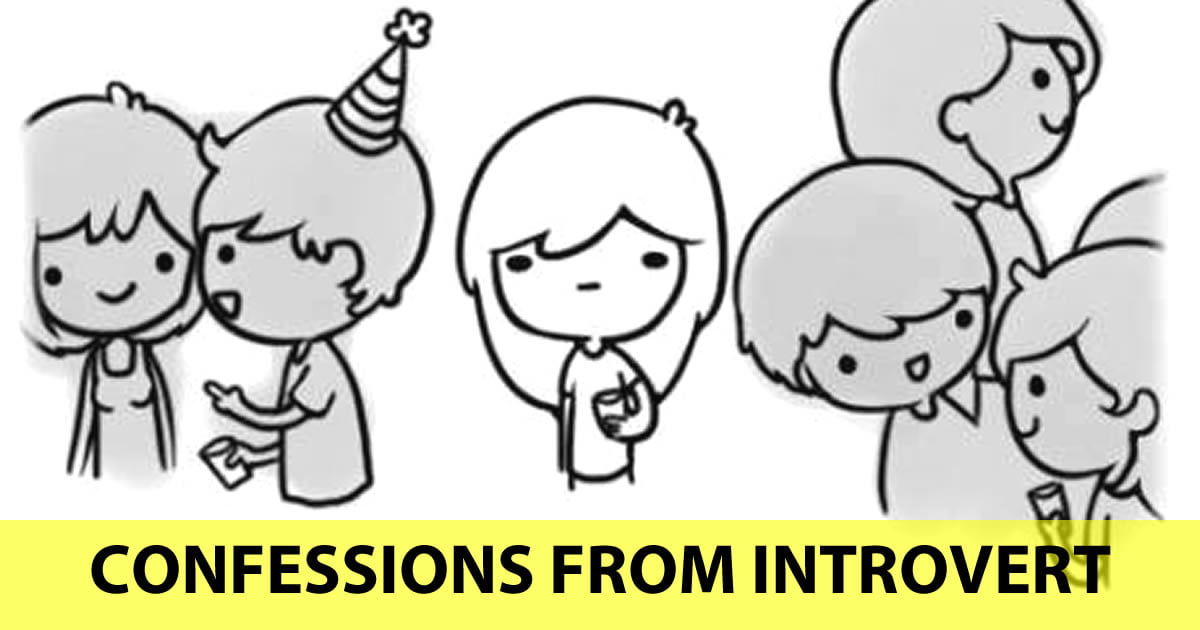 Others may have a milder form of social anxiety that makes them uncomfortable around new people or in unfamiliar situations. Importantly, all introverts need downtime after being around other people for an extended period of time— and if you try to push them into socializing when they’re exhausted, they’ll only feel worse!
Others may have a milder form of social anxiety that makes them uncomfortable around new people or in unfamiliar situations. Importantly, all introverts need downtime after being around other people for an extended period of time— and if you try to push them into socializing when they’re exhausted, they’ll only feel worse!
Give them space when they want it— even if that means just sitting quietly next to them instead of talking about yourself all evening. Introverts don’t mind listening, but they need quiet time with their thoughts after being with other people for a long period of time.
What Happens When an Introvert Gets Angry?
When an introvert gets angry, they tend to be quiet and internalize their feelings. They might not say much or speak up at all. They don’t like to show it. When they’re feeling irritated or frustrated, they’ll often retreat into their shell or push others away instead of expressing their feelings— and this can be confusing to those around them.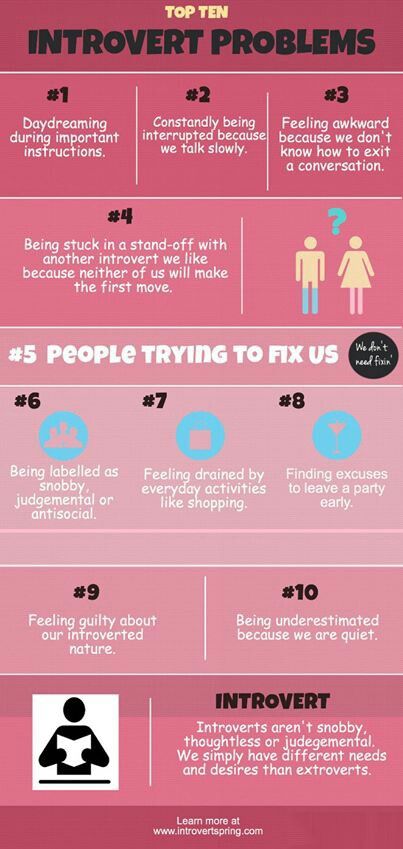
It’s important to know that introverts aren’t always easy to figure out. They may seem calm on the outside but feel everything inside—and if you try too hard to get them to open up, it can backfire and cause them to withdraw even more than before. So how do you help an introvert who seems upset? Here are some tips:
Don’t rush things! Give them space— they will tell you when they’re ready to talk about what’s bothering them.
Don’t assume the situation based on your own experience; everyone handles conflict differently!— they will tell you when they’re ready to talk about what’s bothering them.
Can an Introvert Be Talkative?
Introverts are not necessarily shy; they just need some time to warm up. They may feel uncomfortable in large groups, but they can be very talkative once they feel comfortable around someone. Many introverts are able to regulate their own level of comfort depending on the situation and how long they’ve known the people involved.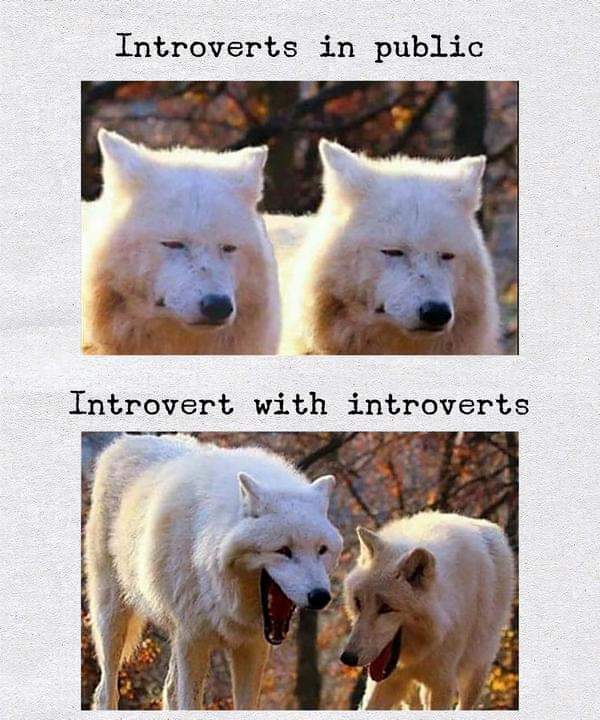
For example, a common misconception is that introverts don’t like small talk or don’t want to talk to strangers. While it may not seem like the most appealing option for them, many introverts enjoy talking about topics that interest them with people who share those interests.
Takeaways
It is important to understand the difference between introverts and anti-social people. Even though they have some things in common, they are two very different personality types. Introverts simply need time to themselves to recover, while anti-social people may lack empathy and feel no remorse for their harmful actions.
If you are dealing with someone you think is an antisocial person, it is important to be understanding, but also make your boundaries clear. Let them know that their behavior is not acceptable and that you do not tolerate it.
How useful was this post?
Click on a star to rate it!
We are sorry that this post was not useful for you!
Let us improve this post!
Tell us how we can improve this post?
"Vse T-shirts.
 ru" - Your style
ru" - Your style All T-shirts.ru - a catalog of merch, clothes, accessories and souvenirs with prints or images that are intended to entertain and enhance the mood. These garments can be made from a variety of materials such as cotton, fleece or jersey and are designed for different age groups. It can be presented in the form of T-shirts, sweatshirts, hoodies and other types of clothing.
T-shirts with prints
T-shirts with prints are T-shirts that have a print on them, that is, some kind of image or text. It can be a logo of some company, an inscription, a picture, etc.
Printed T-shirts are available in various sizes, shapes and colours. They are widely used in both everyday wear and sportswear.
Printed T-shirts are often popular as souvenirs or promotional items.
If you want to buy a T-shirt online, you have many options. There are many online stores that sell t-shirts and you can find them using search engines. Often stores offer different sizes, shapes and colors of t-shirts, as well as different designs and lettering.
You can also find specialized sites that offer T-shirts with specific themes such as music, sports, movies, etc.
Cool merch for yourself and as a gift
Funny merch is a product related to some kind of cultural industry, but with funny or humorous inscriptions or images. It can be various clothes such as T-shirts, caps, wallets, etc., as well as other goods such as cups, key cases, pencils, etc.
Cool merch often becomes popular as souvenirs or promotional items, and can also be a good opportunity to express your personality and character.
If you want to buy merch, you have several options:
- Online stores: There are many online stores that sell merch. You can find them using search engines and buy items online.
- Physical Stores: Many malls and specialty stores sell merch.
- You can find these stores in your city or town.
- Specialized Sites: There are many sites that specialize in selling merchandise.
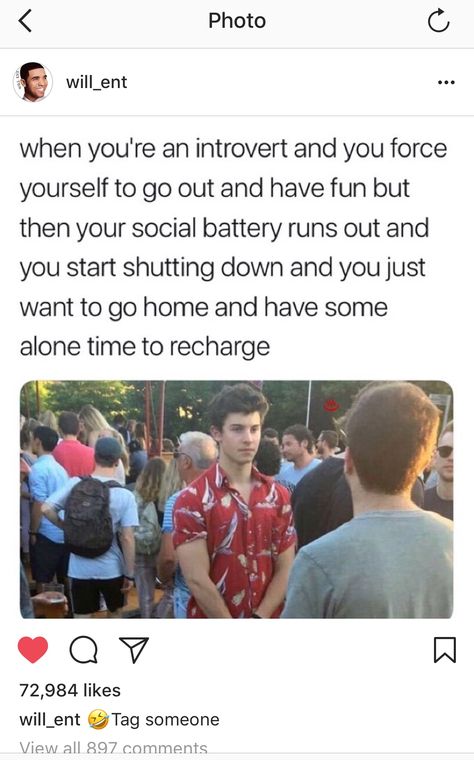
- You can find these sites using search engines and buy goods online.
- At concerts and events: Many bands and artists sell merch at their concerts and events.
T-shirts with funny graphics and slogans
T-shirts with funny slogans and images are a popular type of clothing, often worn for everyday wear or at various events. They come in a variety of sizes, shapes, and colors, and may have various inscriptions and images on them that are considered amusing or humorous. Such t-shirts can be a good opportunity to express your personality and character, as well as attract the attention of others.
25 things only introverts will understand
March 25, 2021 Life
To determine your temperament, it is not necessary to pass psychological tests. You are prone to introversion if you notice these oddities in yourself.
1. You don't leave the apartment until the neighbor leaves
Situation: you hear that the neighbor's door opens in the hallway or on the landing.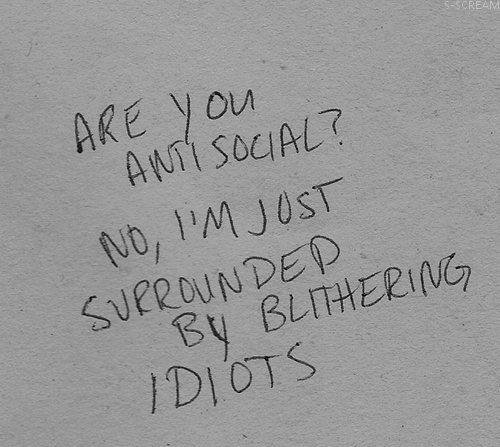 In order not to once again intersect with a person, you calm down and wait until he leaves. Yes, it's strange, but sometimes introverts hide from even the nicest people, just to avoid having to exchange a few words with them.
In order not to once again intersect with a person, you calm down and wait until he leaves. Yes, it's strange, but sometimes introverts hide from even the nicest people, just to avoid having to exchange a few words with them.
2. You are secretly glad that your friends canceled the meeting
In order not to be considered a hermit, sometimes you have to go out to meet with friends. But when the general plans are canceled, in your soul you rejoice: you can stay at home and not pretend to be a sociable type.
3. You feel awkward at a party
Despite the dislike for noisy companies, there are events that you cannot avoid: a corporate party, a friend's wedding or a New Year's feast with relatives. The first thought that visits you at any meeting is: “What am I doing here ?!”
4. The Internet is not just a hobby for you, but a way of life
It is much easier for introverts to formulate thoughts on paper than to talk. It is difficult for you to communicate live, but in social networks you feel like a fish in water.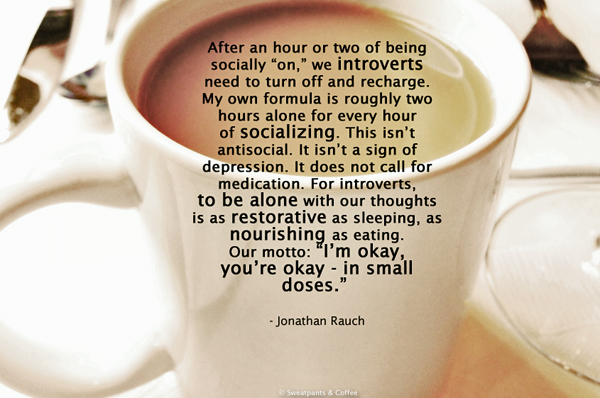 In online correspondence, you can joke, and show off your mind, and leave a well-aimed comment.
In online correspondence, you can joke, and show off your mind, and leave a well-aimed comment.
5. You shy away from sales assistants while shopping
It's understandable: it's easier to find the right model and size yourself than to keep up a conversation with a stranger.
6. You try to be inconspicuous
You are not against communication, you are just not always ready for a conversation: it requires attitude and energy. In order to be less tired, introverts unconsciously limit themselves in communications, and in order to replenish their strength, they spend time alone.
In life it manifests itself like this: you need to get something out of the refrigerator, and at this time your neighbor with a friend or parents with guests are sitting in the kitchen. The way out is to act like this guy from the gif:
7. Instead of a noisy company, you choose solitude
You are invited to spend the weekend together, and you say that you are very busy.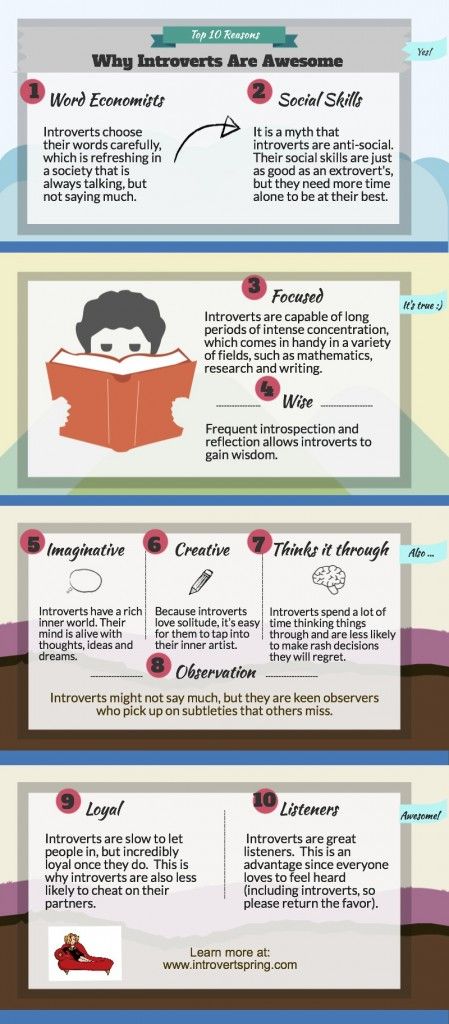 Everyone understands that this is not so: in fact, you will stay at home and enjoy being alone. For introverts, this is the norm: they are not in a hurry to party and are able to enjoy the time spent alone with themselves.
Everyone understands that this is not so: in fact, you will stay at home and enjoy being alone. For introverts, this is the norm: they are not in a hurry to party and are able to enjoy the time spent alone with themselves.
8. You answer questions in monosyllables
What's new? and "How are you?" you try to answer as briefly as possible so that, God forbid, a conversation does not start. Small talk about anything is easy for extroverts, and introverts do not like this format of conversation.
9. You try to sneak out of the party
And try to do it as early as possible. You have an escape plan in reserve, for this you get to a meeting in your car. This is especially true for parties that you don’t want to go to in advance.
10. You rarely answer phone calls
By default, you do not answer calls from numbers you do not know, and prefer texting to a conversation with a friend or colleague.
11. You like to go to the cinema alone
You enjoy watching a movie alone or with a loved one. Afternoon sessions on weekdays, morning sessions on weekends - you try to choose a time when the hall is almost empty. Together with you, there are 2-3 more people in the hall - the same introverts who avoid large crowds of people.
Afternoon sessions on weekdays, morning sessions on weekends - you try to choose a time when the hall is almost empty. Together with you, there are 2-3 more people in the hall - the same introverts who avoid large crowds of people.
12. You pretend not to notice your friend
Situation: after work you went to the grocery store. Everything is going well until you notice a friend between the rows of buckwheat and pasta. Your standard reaction is to turn away and quickly leave before he sees you.
13. Never open the door if you are not expecting guests
Why? You never know: a too friendly neighbor came for salt and will complain about the management company for 15 minutes, or the manager of an Internet company obsessively asks you to connect their new tariff.
14. Are you afraid to be alone with strangers
Maintain a conversation with a person you see for the first time? Never! This is what you look like when your friends leave you for a few minutes alone with their acquaintances:
15.
 Never order over the phone when you can online
Never order over the phone when you can online Why call when you can write?
16. You don't know how to behave when people sing the song "Happy birthday to you!"
You feel awkward and uncomfortable around people. Birthday becomes a special torture: you are talked to more than usual and paid too much attention. I want to hide under the table or run away!
17. Try to solve work issues through correspondence
While colleagues annoy you with phone calls, you prefer to solve everything by correspondence. Working in open space becomes a real tragedy: the noise and people around paralyze your work. "Please, can we have a quiet place?" - you think in especially difficult days.
18. Don't like to keep up a conversation with a stranger
You wish you could be invisible when someone in a bar or on an airplane starts talking to you. “Don’t start a conversation with me just because we are sitting next to each other,” you mentally tell your interlocutor. It's not that introverts do not like people and live communication. They are simply not ready to carry on a conversation with a stranger: this causes terrible discomfort.
It's not that introverts do not like people and live communication. They are simply not ready to carry on a conversation with a stranger: this causes terrible discomfort.
19. An ideal day on the beach for you is a day on a completely empty beach.
Every person has such thoughts from time to time, especially when the beach is crowded and you can swim calmly only 50 meters from the shore. But for introverts, such a desire appears much more often: an empty beach is more comfortable for them by default than a crowded one.
20. You like to train alone
You hate personal trainers, group classes and chatters during sports because training time is your own time. No joint runs and jokes with a trainer in the gym - why, when you can be alone with your thoughts and listen to your favorite tracks?
21. You don't reply to messages right away
Before you write a reply, you need to think about the content of the letter. Sometimes you completely forget to answer, and then justify yourself, coming up with stupid excuses.
22. You are not happy to meet new people
Even the very thought that you will have to meet new people is terrifying. This does not mean that you do not know how to make friends, it just makes it difficult for you to meet new people.
23. You shy away from too friendly acquaintances
Every time someone violates your personal space, you have an irresistible desire to disappear into thin air, disappear, run away, or give a good blow to the person who came to hug you.
24. You don't like large crowds
Concerts, parties, pub quizzes or work conferences make you feel uncomfortable and vulnerable. You, of course, do not panic, but subconsciously dream of leaving this place as soon as possible.
25. You are not a misanthrope, you are an introvert
You love people and understand the value of human interaction, so you quite consciously go out to parties and social events. But you are more comfortable alone with yourself: you value the time you spend alone or with loved ones.